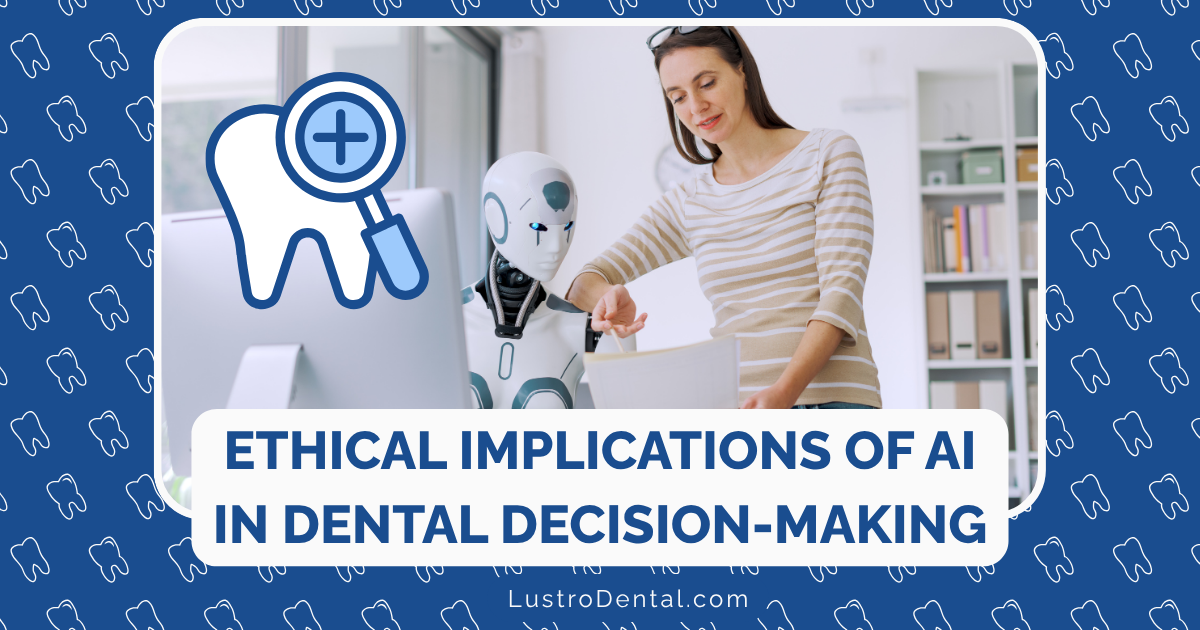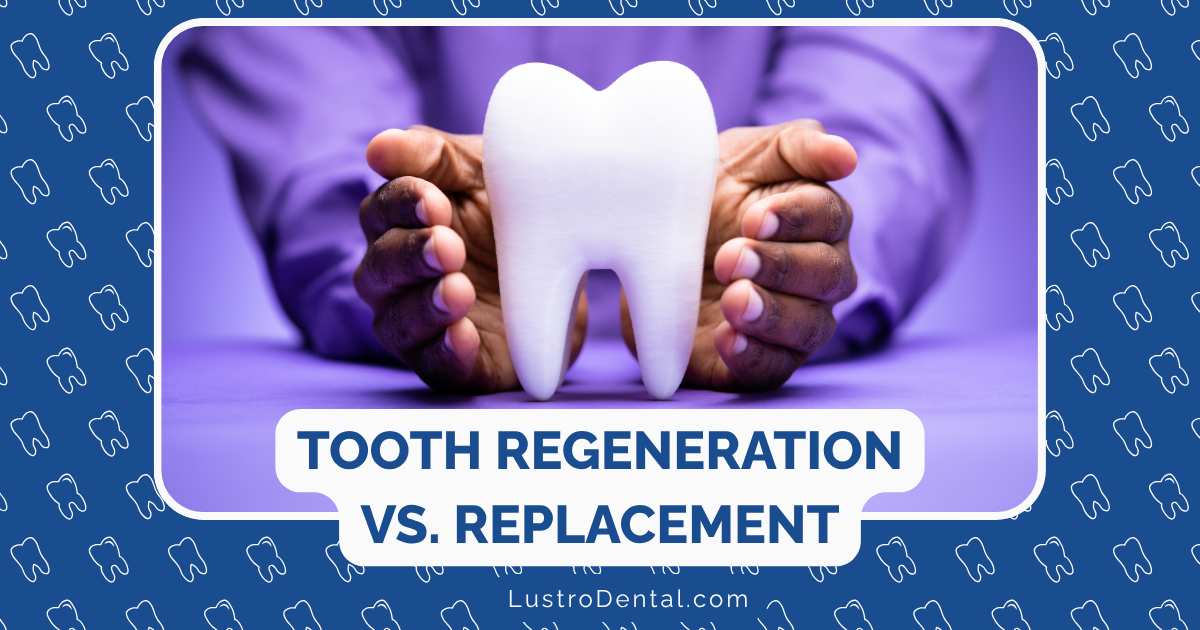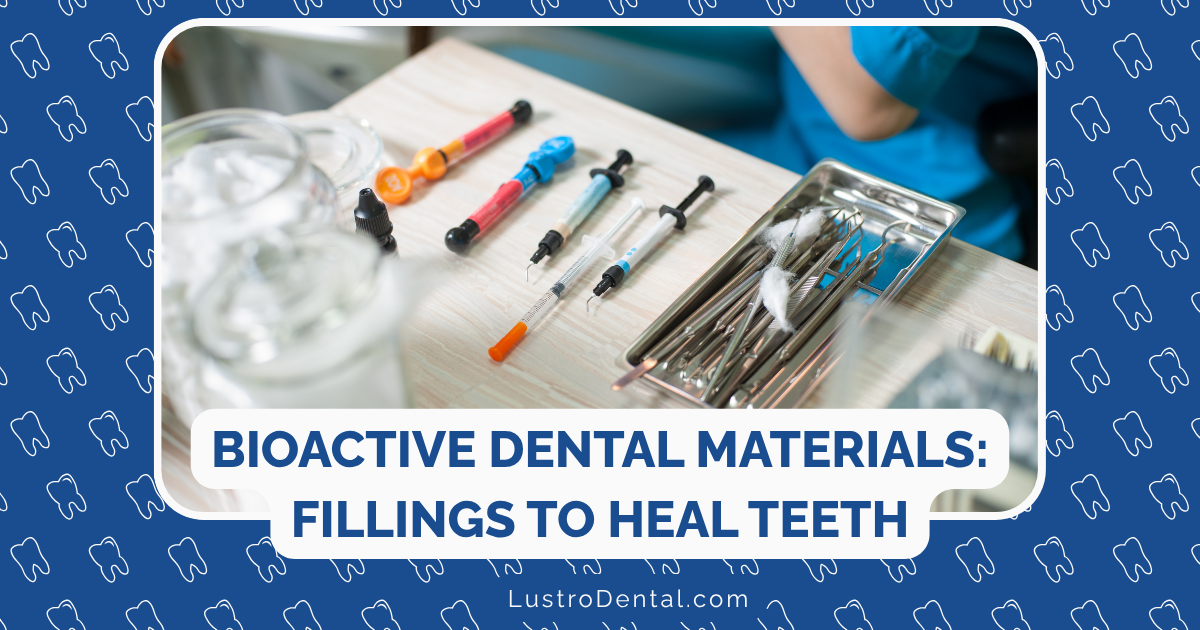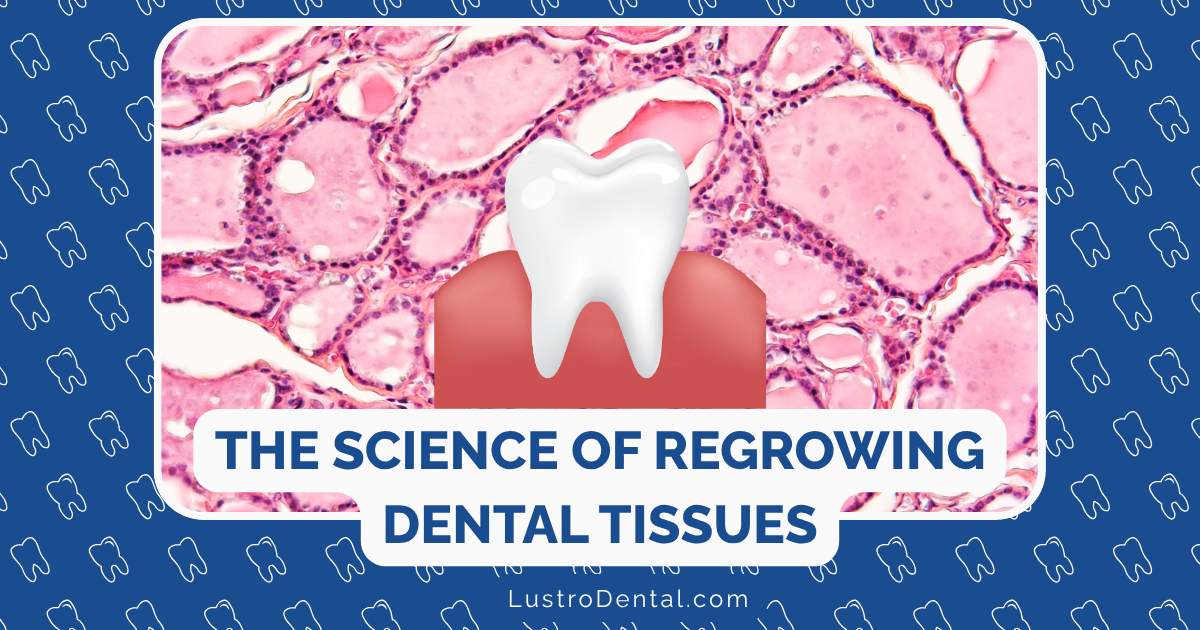The Ethical Considerations of AI in Dental Decision-Making

As artificial intelligence continues to transform healthcare, dentistry stands at the forefront of this technological revolution. AI systems now assist with everything from diagnosing cavities on radiographs to predicting orthodontic outcomes and planning implant placements. While these advances promise enhanced precision, efficiency, and accessibility in dental care, they also introduce profound ethical questions that practitioners, patients, and the broader healthcare community must address.
The integration of AI into dental decision-making isn’t simply a technical challenge—it represents a fundamental shift in how care is delivered and how treatment decisions are made. This shift demands thoughtful consideration of ethical principles that have long guided healthcare but must now be reexamined through the lens of artificial intelligence.
The Current Landscape: How AI Is Changing Dental Decision-Making
Before diving into ethical considerations, it’s important to understand how AI is currently being implemented in dental decision-making processes:
Diagnostic Applications
AI systems are increasingly used to analyze dental radiographs, intraoral scans, and photographs to detect:
- Caries (cavities)
- Periodontal disease
- Periapical lesions
- Cracked teeth
- Oral lesions and potential malignancies
Research published in the Journal of Dental Research indicates that some AI diagnostic systems now achieve accuracy rates comparable to or exceeding those of experienced dentists, particularly for certain radiographic findings.
Treatment Planning
Beyond diagnosis, AI is being employed to:
- Suggest optimal treatment sequences
- Predict treatment outcomes
- Identify potential complications
- Plan implant positions and restorative approaches
- Design orthodontic treatment paths
Risk Assessment and Prevention
Predictive AI models analyze patient data to:
- Forecast caries risk
- Predict periodontal disease progression
- Identify patients at higher risk for complications
- Recommend personalized preventive protocols
Dr. Sarah Johnson, Director of the American Dental Association’s Council on Ethics, notes: “These technologies offer tremendous potential benefits, but they also fundamentally alter the decision-making process in ways that raise important ethical questions about responsibility, transparency, and patient autonomy.”
Core Ethical Principles in AI Dental Decision-Making
Several fundamental ethical principles must guide the implementation of AI in dental care:
1. Respect for Patient Autonomy
Patient autonomy—the right to make informed decisions about one’s own healthcare—has long been a cornerstone of medical ethics. AI introduces new complexities to this principle:
Informed Consent in the Age of AI
For consent to be truly informed, patients need to understand when AI is involved in their care and how it influences decisions. This raises several questions:
- How much should patients know about the AI systems being used?
- Should they be informed about the system’s accuracy rates and limitations?
- How do we explain complex algorithms in accessible terms?
- Should patients have the right to opt out of AI-assisted diagnosis or treatment planning?
Dr. Michael Chen, a dental ethicist at the Center for Dental Ethics and Innovation, explains: “Meaningful informed consent requires that patients understand not just that AI is being used, but how it works, what data it uses, and how it influences their treatment options. This is challenging given the technical complexity of these systems.”
The Black Box Problem
Many advanced AI systems, particularly deep learning models, operate as “black boxes”—their decision-making processes aren’t easily explainable even to the professionals using them. This lack of transparency creates tension with the principle of informed consent.
The European Society of Dental Ethics has proposed that AI systems used in clinical decision-making should meet minimum standards of explainability, allowing dentists to provide patients with meaningful information about how recommendations are generated.
2. Beneficence and Non-maleficence
The principles of doing good (beneficence) and avoiding harm (non-maleficence) are fundamental to healthcare ethics. AI introduces new dimensions to these considerations:
Accuracy and Reliability
AI systems are only as good as the data they’re trained on and the algorithms they employ. Errors or biases in AI recommendations could lead to:
- Missed diagnoses
- Unnecessary treatment
- Inappropriate treatment selection
- Wasted resources
- Patient harm
Research published in the Journal of the American Dental Association found that while some AI diagnostic systems demonstrate impressive overall accuracy, they may perform inconsistently across different patient populations or unusual presentations—raising concerns about reliability in diverse clinical settings.
Responsibility for Errors
When AI contributes to a clinical decision that results in harm, questions of responsibility arise:
- Is the dentist fully responsible despite relying on AI?
- Does the AI developer share responsibility?
- How does this affect liability and malpractice considerations?
- What standards should govern AI validation before clinical implementation?
The International Association of Dental Ethics and Law has proposed a framework of “appropriate reliance” that outlines when and how dental professionals should incorporate AI recommendations into their decision-making while maintaining ultimate responsibility for patient care.
3. Justice and Equity
The principle of justice demands fair distribution of healthcare resources and equal treatment of patients. AI in dentistry raises several concerns related to equity:
Algorithmic Bias
AI systems learn from historical data, which may contain existing biases in healthcare delivery. This can perpetuate or even amplify disparities:
- Underrepresentation of certain demographic groups in training data
- Differences in disease presentation across populations
- Varying standards of care in historical treatment decisions
- Socioeconomic factors influencing past treatment choices
A study in the Journal of Dental Research found that an AI system trained primarily on radiographs from one demographic group showed reduced accuracy when analyzing images from patients of different racial backgrounds—highlighting the risk of algorithmic bias.
Access Disparities
The implementation of AI technologies may exacerbate existing healthcare disparities:
- Higher costs of AI-equipped practices may be passed on to patients
- Rural or underserved areas may have limited access to AI technologies
- Digital literacy barriers may affect certain patient populations
- Insurance coverage for AI-assisted procedures may vary
Dr. Lisa Rodriguez, Chair of the Dental AI Ethics Consortium, emphasizes: “We must ensure that AI in dentistry serves as a force for greater equity, not as another technology that primarily benefits those who already have the best access to care.”
4. Privacy and Data Protection
AI systems require vast amounts of patient data for training and operation, raising significant privacy concerns:
Data Collection and Consent
Questions surrounding data include:
- How is patient consent obtained for using their data to train AI?
- Are patients aware of how their information might be used?
- What anonymization protocols are in place?
- How long is data retained and who has access?
Data Security
As dental practices increasingly rely on cloud-based AI solutions:
- What measures protect patient data from breaches?
- Who bears responsibility for data security?
- How are international data protection regulations (like GDPR or HIPAA) addressed?
- What happens to patient data if an AI company is acquired or goes bankrupt?
The American Dental Association has developed guidelines for data governance in AI-assisted dentistry, emphasizing the need for robust security measures and transparent data policies that prioritize patient privacy.
Practical Ethical Challenges in Clinical Settings
Beyond broad principles, dental professionals face specific ethical challenges when implementing AI in their practices:
Overreliance vs. Appropriate Skepticism
Finding the right balance between trusting AI recommendations and maintaining clinical judgment is crucial:
- Automation bias: The tendency to give excessive weight to computerized recommendations
- Appropriate skepticism: Knowing when to question AI outputs
- Skill maintenance: Ensuring dentists maintain diagnostic skills even with AI assistance
- Context awareness: Recognizing when patient-specific factors should override algorithmic recommendations
A survey published in the Journal of Dental Education found that dental students who trained extensively with AI diagnostic systems showed a concerning tendency to defer to AI recommendations even when they contradicted clear clinical findings—highlighting the need for education about appropriate reliance.
Transparency with Patients
Dentists must navigate how to communicate about AI’s role in care:
- Should patients be routinely informed when AI contributes to diagnosis or treatment planning?
- How should dentists explain AI recommendations they don’t fully understand?
- What level of technical detail is appropriate when discussing AI with patients?
- How should disagreements between dentist judgment and AI recommendations be handled?
Dr. James Wilson, who researches patient-centered dental AI at the University of Michigan School of Dentistry, suggests: “Transparency doesn’t necessarily mean technical explanations. Patients need contextual understanding—knowing that AI is one tool among many that informs their care, understanding its general reliability, and knowing that their dentist remains the responsible decision-maker.”
Commercial Influences and Conflicts of Interest
The commercial development of dental AI raises concerns about potential conflicts:
- AI systems that recommend specific products or materials
- Pressure to use AI to justify more expensive treatments
- Insurance companies using AI to limit coverage
- Practice management systems that prioritize efficiency over patient-centered care
The American College of Dentists has called for disclosure requirements when AI systems have commercial relationships that might influence their recommendations, similar to conflict of interest disclosures in research.
Developing Ethical Frameworks for Dental AI
As the field evolves, several approaches are emerging to address these ethical challenges:
Professional Guidelines and Standards
Professional organizations are developing specific guidance:
- The American Dental Association has established a task force on AI ethics
- The FDI World Dental Federation is developing international standards for ethical AI in dentistry
- Dental specialty organizations are creating specialty-specific guidelines
These efforts aim to provide practical guidance while establishing accountability mechanisms within the profession.
Regulatory Approaches
Government agencies are beginning to address AI in healthcare:
- The FDA has developed a framework for regulating AI/ML-based medical devices
- The European Union’s AI Act includes specific provisions for high-risk healthcare applications
- State dental boards are considering how to incorporate AI considerations into practice standards
Dr. Robert Thompson, a consultant to the FDA’s Digital Health Center of Excellence, notes: “The regulatory challenge is balancing innovation with patient protection. We need approaches that ensure safety and ethical use without unnecessarily impeding beneficial technologies.”
Ethics by Design
A promising approach involves incorporating ethical considerations into AI development from the beginning:
- Diverse development teams that include ethicists and patient advocates
- Representative training data that minimizes bias
- Explainable AI approaches that allow for transparency
- Built-in audit capabilities to monitor for unexpected outcomes
- User interfaces that support appropriate reliance
Research from the MIT Media Lab’s Dental AI Initiative demonstrates that AI systems designed with ethics as a primary consideration perform better not just ethically but also clinically, as they tend to be more robust and contextually aware.
The Dentist-Patient Relationship in the Age of AI
Perhaps the most profound ethical consideration is how AI affects the fundamental relationship between dentists and patients:
Trust and the Human Element
While AI offers powerful capabilities, the human elements of care remain essential:
- Empathy and emotional support during treatment decisions
- Cultural sensitivity and personalization
- Recognition of non-verbal cues and unstated concerns
- Building trust through personal connection
- Shared decision-making that respects patient values
Dr. Emily Chen, who researches technology and healthcare relationships at Harvard School of Dental Medicine, emphasizes: “AI should enhance, not replace, the human relationship at the heart of dental care. The most ethical implementations are those that free dentists to be more present with patients, not those that interpose technology between them.”
Redefining Professional Roles
As AI takes on more diagnostic and planning functions, dental professionals must reconsider their core value:
- Shifting from technical expertise to interpretation and contextualization
- Focusing more on communication and shared decision-making
- Developing new skills in evaluating and explaining AI recommendations
- Maintaining clinical judgment and critical thinking
A perspective article in the Journal of the American Dental Association suggests that dental education must evolve to prepare practitioners for this changing landscape, with greater emphasis on ethics, communication, and critical evaluation of technology.
Looking Forward: Recommendations for Ethical Implementation
Based on current research and expert consensus, several recommendations emerge for the ethical implementation of AI in dental decision-making:
For Dental Professionals
- Maintain appropriate skepticism: Use AI as a tool to inform, not replace, clinical judgment.
- Prioritize transparency: Develop clear approaches for discussing AI’s role with patients.
- Stay educated: Understand the capabilities and limitations of AI systems you use.
- Advocate for patients: Ensure AI is implemented in ways that benefit all patient populations.
- Report concerns: Establish channels to report potential biases or errors in AI systems.
For AI Developers
- Incorporate ethics by design: Include ethical considerations from the earliest development stages.
- Ensure representative data: Use diverse training data to minimize algorithmic bias.
- Provide transparency: Make AI systems as explainable as possible to both clinicians and patients.
- Collaborate across disciplines: Include ethicists, patients, and diverse stakeholders in development.
- Establish ongoing monitoring: Implement systems to detect and address unexpected outcomes or biases.
For Policymakers and Professional Organizations
- Develop clear guidelines: Create practical ethical frameworks specific to dental AI.
- Establish standards: Define minimum requirements for explainability, accuracy, and equity.
- Update education: Ensure dental curricula prepare new professionals for ethical AI use.
- Support research: Fund studies examining the ethical implications of AI implementation.
- Ensure equitable access: Develop policies that promote fair distribution of AI benefits.
Conclusion: Ethical AI as a Dental Imperative
The integration of artificial intelligence into dental decision-making represents both tremendous opportunity and significant ethical responsibility. As these technologies continue to evolve, maintaining a commitment to ethical principles isn’t just good practice—it’s essential to ensuring that AI truly advances the fundamental purpose of dentistry: providing optimal oral health care that respects patients’ dignity, autonomy, and well-being.
By thoughtfully addressing the ethical dimensions of AI from the outset, the dental profession can harness these powerful tools while strengthening rather than diminishing the human-centered care that remains at the heart of the dental experience. The goal isn’t simply to use AI ethically, but to use AI in ways that enhance our capacity to practice ethically—augmenting not just our diagnostic and treatment capabilities but our ability to provide care that is compassionate, equitable, and truly patient-centered.
As we navigate this technological transformation, ongoing dialogue among dental professionals, patients, technologists, ethicists, and policymakers will be essential. The ethical frameworks we develop today will shape how AI influences dental care for generations to come.
What ethical considerations do you think are most important when it comes to AI in dental care? Share your thoughts in the comments below!







